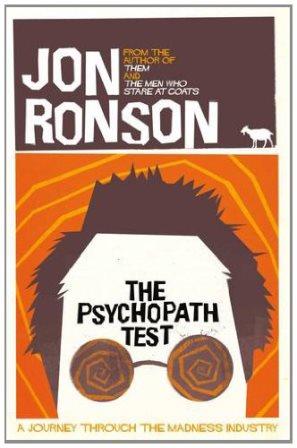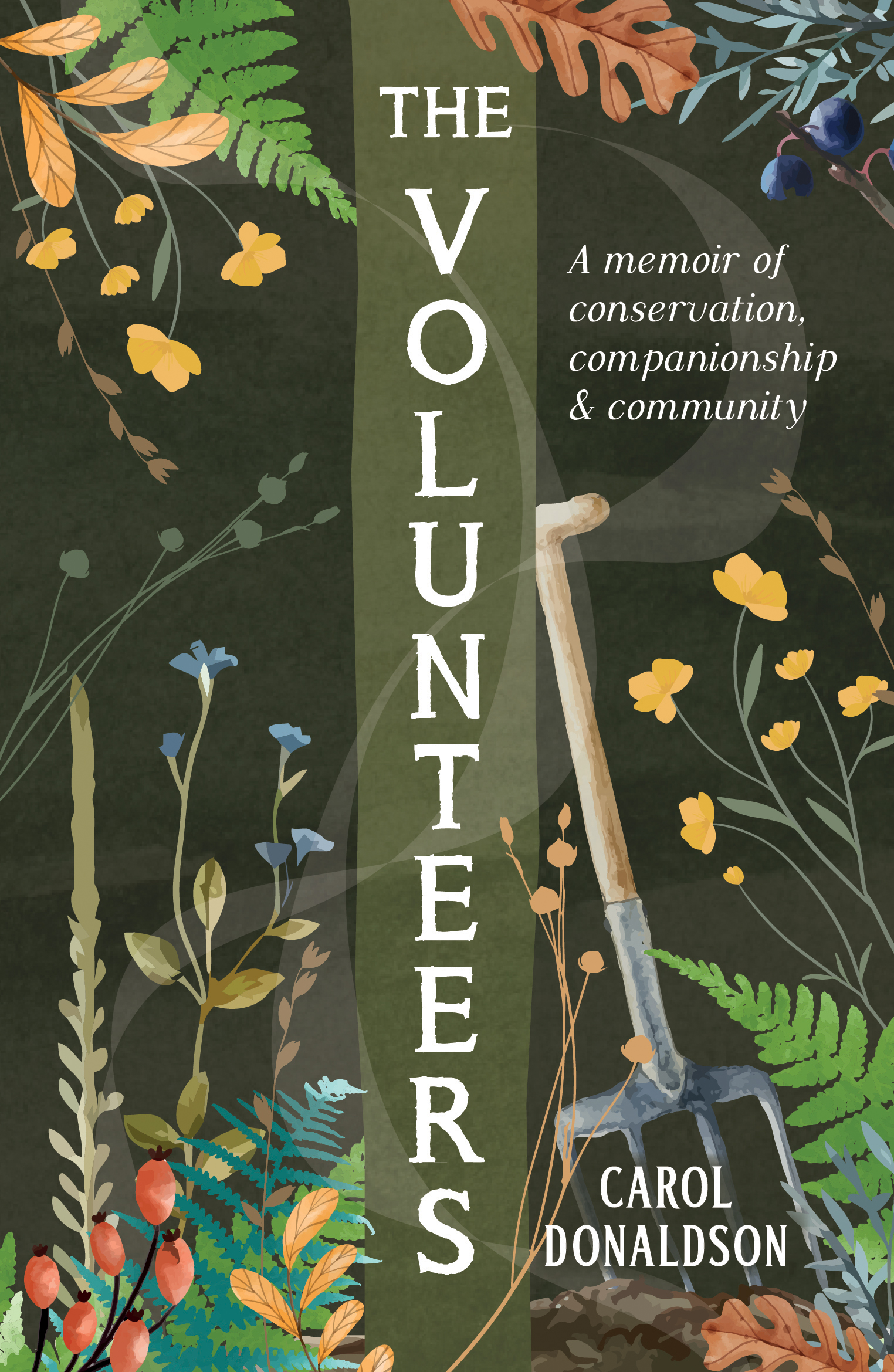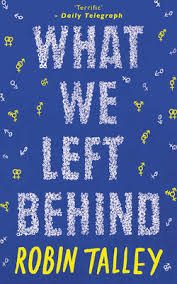
Unreliable narrators fascinate me and other people’s psychological states intrigue me.
So it’s not surprising that when I spotted ‘Confessions of a Sociopath’ it went straight onto my wish list.
What’s it about?
M.E. Thomas is (apparently) a successful American law professor writing about her sociopathy under a pseudonym. Originally, she founded a blog – SociopathWorld.com – which became an online community for similarly minded people. This book is part memoir, part exploration of what creates sociopaths and how society should deal with them; it offers an insight into her mind, apparently in a bid to make society more tolerant of sociopaths.
What’s it like?
Not as shocking as you might expect. For all her talk of “ruining” people, Thomas is neither criminal nor violent; she has never seen the inside of a police cell, although she recognises that her poor impulse control might one day change this. Essentially, her deviance involves manipulating people to get her own way, sometimes simply without regard to their feelings, sometimes in order to hurt them. As she stresses, “empaths” (her catch-all term for non-sociopaths) do these things, too. The difference is that she doesn’t experience guilt, and that some people would like to imprison her just for being…her.
Minor revelations abound: she no longer uses knives because she cannot force herself to be sufficiently careful with them; her parents once abandoned her and a sibling in a local park; she deliberately cut all ties with a previously dear friend because the friend’s father was diagnosed with cancer and the friend became a chore. Despite her best efforts to shock (in the opening pages she describes leaving a baby opossum to drown), prurient readers will be disappointed. This sociopath teaches Sunday School and loves her niece.
Her mildness has left some readers questioning whether the whole book is just a hoax.
Her very mildness has left some readers questioning whether the whole book is just a hoax. After all, what self-respecting sociopath would admit that their “ruining” of people is often mostly in their own mind? Perhaps one determined to manipulate your response to her. Personally, I see no reason to doubt her, though I would have found this appealing even if it were simply a well-written fiction.
More questionable is the book’s length. At 302 pages long, its not unwieldy, but I felt that leaving out a couple of the later chapters – which really just repeated variations on material covered previously – could have strengthened the book overall. I felt her account of her sexual awakening in Brazil was given more space than it required, and the – albeit quite interesting – idea that bisexuality is a key sociopathic trait had already been discussed.
Do sociopaths’ amorality make them more or less culpable of the crimes they commit?
There’s a good balance of personal reflection and broader discussions of how sociopaths are perceived and treated by society. How do you identify sociopaths? What do you do with them when you have? Does their amorality make them more or less culpable of the crimes they commit? Thomas argues that sociopathic traits, guided suitably, can be distinctly beneficial. This fits with ideas in Jon Ronson’s non-fiction book ‘The Psychopath Test’, in which he recognises that many successful business men demonstrate key psychopathic / sociopathic traits.

You don’t have to be a psychopath to run big business…but it helps.
Who would Thomas be without her sociopathy? She’s not sure, but she embraces it even as she recognises that she has no “core” self, that everything she presents to the world is some kind of mask. But then, as she notes: “What’s the difference between acting the part of a good lawyer and being one? What’s the difference between pretending to be a valuable colleage and being one?” If you participate in a scam long enough, surely it becomes who you are? Ultimately, we all adopt different roles and play them in ways that suit us.
Final thoughts
I found this a genuinely interesting read and digested it slowly over a period of about a month. There is, of course, discussion throughout about the causes or triggers of sociopathy, how far nature and nurture are each responsible. This is particularly key in the final chapter, which considers how sociopathic children develop and how they could be treated. Of course, most researchers / counsellors etc. prefer to talk about children with callous-unemotional traits, rather than diagnosing them using such a prejudicial term, but many will grow into sociopaths. Can this be avoided? If so, how?
Perhaps keen to demonstrate how educated she is, Thomas makes repeated reference to sociopaths in literature, especially Cathy from Steinbeck’s ‘East of Eden’, when developing her theories. Although she refers to key researchers in the field, she rates her own opinions and experiences as equally valid (standard attitude for a narcissist) so it’s unsurprising to find the book entirely without references.
If you’re interested in a personal take on sociopathy then this would be an interesting read; if you want rigorous research then you’ll need to look elsewhere.


